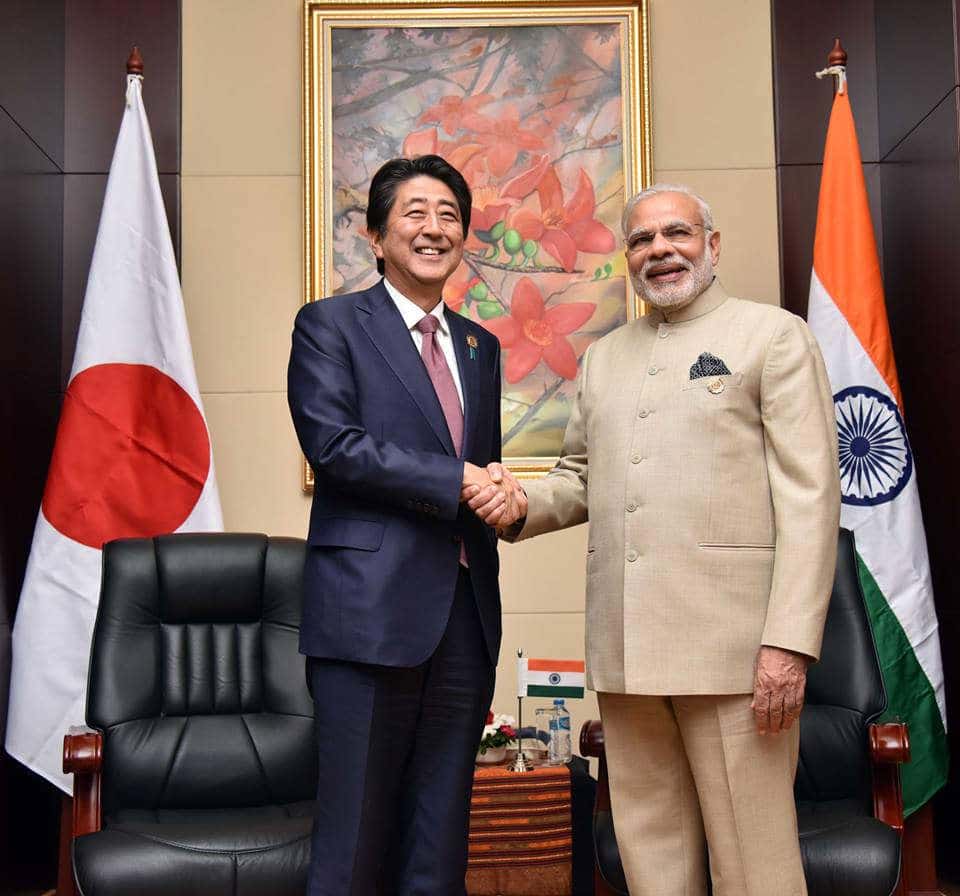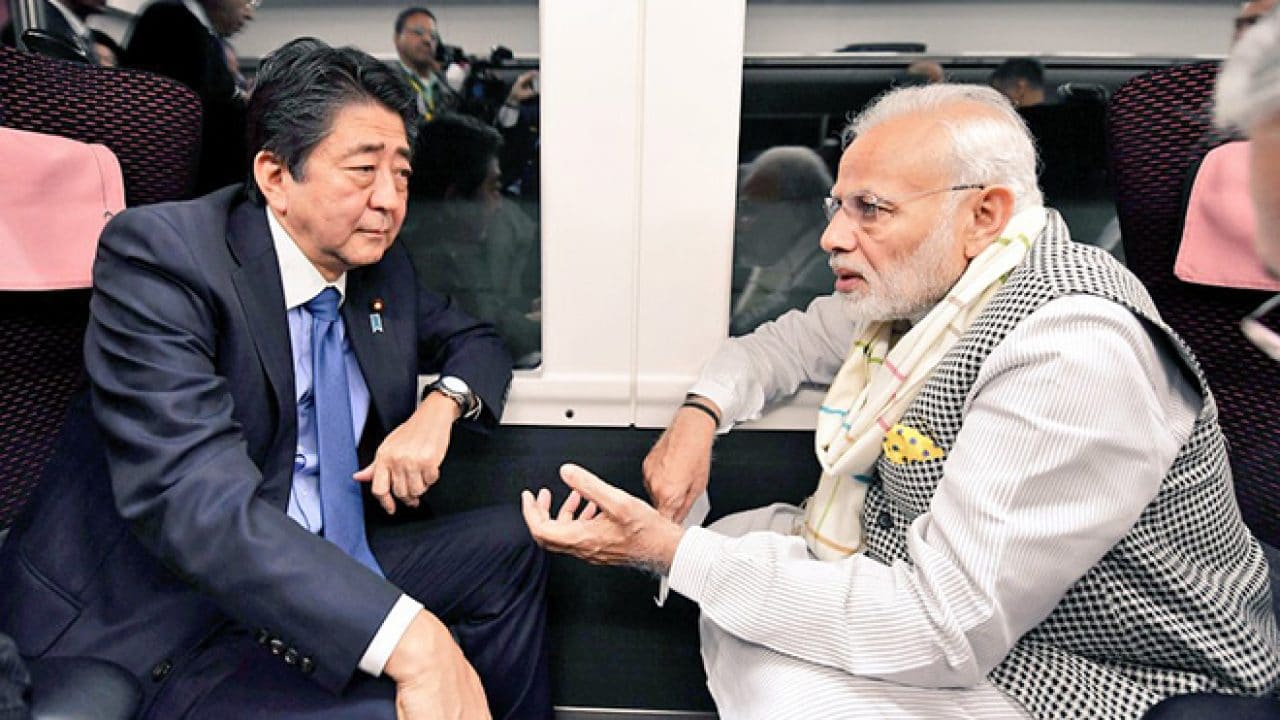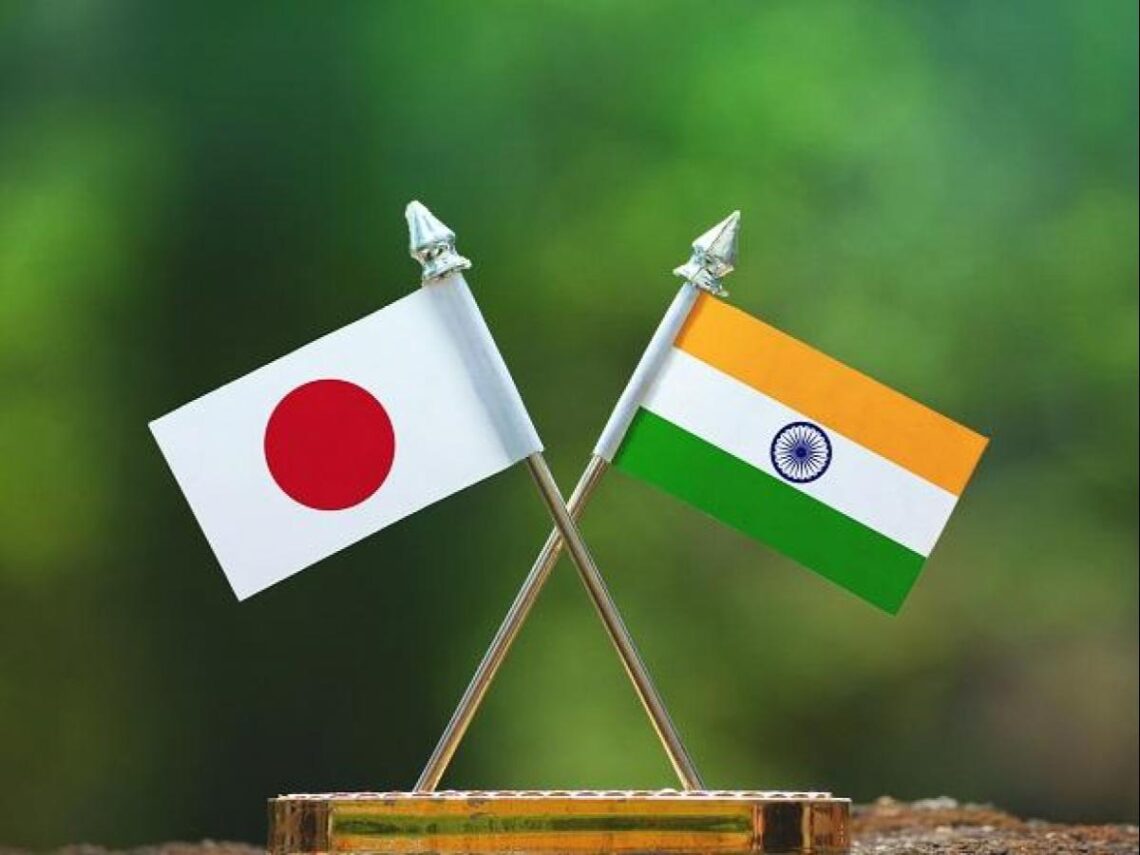The first India-Japan exchange on key policies concerning climate took place on September 7. Mr. Bhupender Yadav, Union Minister of Environment, Forest, and Climate Change of India, and Mr. Shinjiro Koizumi, Minister of the Environment of Japan participated in it and discussed a wide range of issues including Air Pollution, Sustainable Technologies, and Transports, Climate Change, Marine Litter, Fluorocarbons, COP 26, among others.
Environment Minister Bhupender Yadav said, “India and Japan may explore strengthening bilateral cooperation, especially on circular economy and resource efficiency, low carbon technology and green hydrogen.”
In his tweet, the environmental minister wrote “Under the leadership of PM Shri @NarendraModi Ji, India is not only on track to achieve but also exceed its Paris Agreement targets. India highly appreciates the efforts of Japan in bringing new technologies for tackling global environmental challenges.”

Yadav extended his appreciation for the efforts made by Japan in bringing new technologies to India. Also, he acknowledged the importance of the India-Japan bilateral cooperation on the environment, the government statement reported.
“Given Japan’s expertise and technology on low carbon technology, the Environment Minister also requested Japan to consider joining the Leadership Group for Industry Transition, a global initiative spearheaded by India and Sweden,” the statement added.
Shyam Saran and Radhika Khosla in their book chapter titled “Energizing India-Japan Cooperation on Clean Energy and Climate Change” as part of the book collection Poised for Partnership: Deepening India-Japan Relations in the Asian Country in 2016 has argued for this cause. In their premise of the chapter, they wrote, “India and Japan enjoy a geopolitical and economic relationship that is gathering momentum.

We argue that cooperation on clean energy provides a natural conduit to enhance existing cooperation and to meet the shared energy challenges of growth and security, and in the process address climate change.
India’s energy demands and imports are increasing and Japan, post-Fukushima, is heavily reliant on imported energy. Both countries are also acutely vulnerable to climate change impacts and recognize that their long-term energy strategy necessitates a shift towards actions that limit their greenhouse gas emissions.
While the bilateral relationship reflects this perspective, it has not acquired scale. A considered shift is needed to look beyond and address constraints in the current engagement.”

Centre for Policy Research with this book collection edited by Rohan Mukherjee and Anthony Yazaki has long before suggested this important dialogue and its manifestation has become an important call taken in this regard.
Moreover, the Ministry of External Affairs in its India-Japan Vision Statement released after Prime Minister Narendra Modi’s visit on October 28-29, 2018 for the India-Japan Annual Summit also highlighted the commitment made to strengthen the environmental partnership.

Both the Prime Ministers from the respective countries reiterated their commitment to strengthening cooperation on sustainable and clean forms of energy, including nuclear and renewables.
They also were firm to explore new possibilities for collaboration in hydrogen-based energy along with persistence on the use of cooperation in the use of clean coal technology, petroleum, and natural gas projects and LNG supply chain.
They also welcomed the “Japan-India Energy Transition Cooperation Plan” at that Summit. This new First High-level policy dialogue, held yesterday after that between the countries, is aiming to achieve environmental goals along the same lines.
Also Read : Cairn Welcomes India’s $1 Billion Refund Offer To Drop The Litigation












